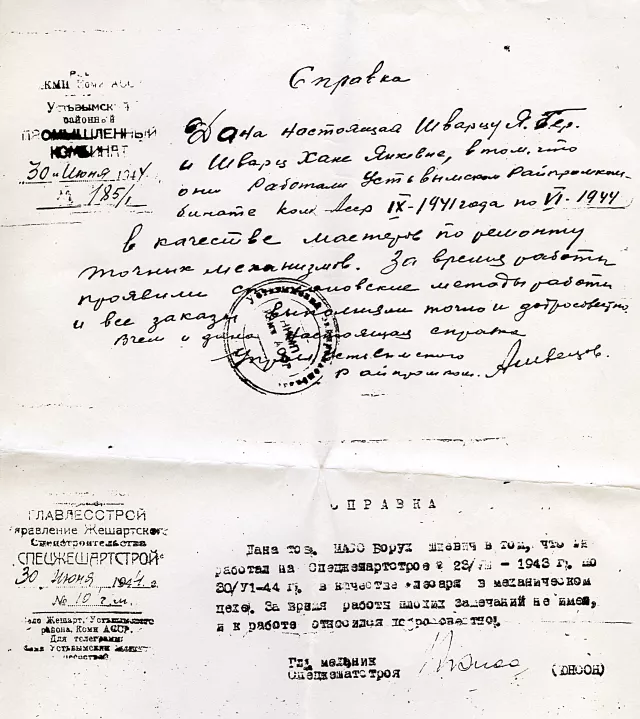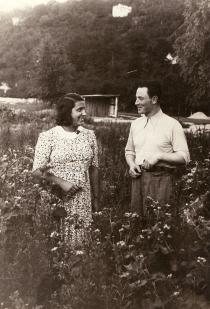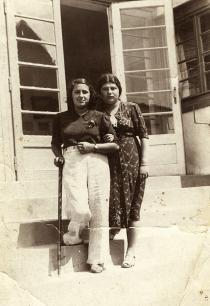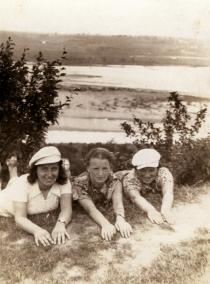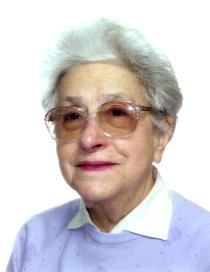Borys Mass' document
This is a Soviet document of my husband, Borys Mass.
My husband's name was Borys Mass. He was born 10th December 1910 in Warsaw. In fact, he spoke Polish better than Yiddish. He was brought up in a rather progressive family… How to say that? He knew more and was more religious than myself. Because his family, though seemingly assimilated, cared more about religion than mine. They were rather poor. He completed the Wawelberg College before the war, it was a very good school for mechanics (which proved useful to him during the war). He worked as a mechanic, then he moved to a textile plant where he worked as accountant. They lived in Warsaw at Leszno Street. It was such a large apartment that if the phone rang in the anteroom, they were seldom in time from the living room to pick it up. I don't know why they didn't install the phone in the living room.
The war broke out, and the Mass family went to the Warsaw ghetto. Only Marysia, Borys sister, was in Bialystok. And Borys went to the East. And he wasn’t ever in the ghetto.
And he spent several years in a Soviet camp. It was like that: you have to cut so many trees, so many cubic meters. If he cut that many, he got his allotment of bread, some unsweetened coffee in the morning and evening, and a spoonful of soup for lunch. A table spoon, I mean, not a ladle… Of some wish-wash thin cabbage soup. If he did more than the quota was, he got an extra piece of bread. But if he did less, he got less. The weaker you were, the less you did, and the less you did, the more hungry you were and the less you did. People eventually starved to death. That's how it looked in the camps.
In 1944 I met him in Ukraine. At first we worked on a farm, or rather a kolkhoz near Bakhmach [small town 100 km north-east of Kiev]. But soon we decided there wasn't much to do there and it was decided that my father would go to Bakhmach. He went there and at the station got all confused: where he should go, what he should do. He met a young man at the station. The man saw that my father standing helpless, so he asked him in Russian whether he was looking for something. When he heard my father's Russian, he switched to Polish. But my father's Polish wasn't much better. So they switched to Yiddish and they were home. That young man told my father where he should go, what he should arrange. Upon his return, my father told me he had met a very good man at the station, his name was Mass, and that he liked him very much for helping him. And as I have good intuition, I thought, 'That Mass will be my husband.'...
